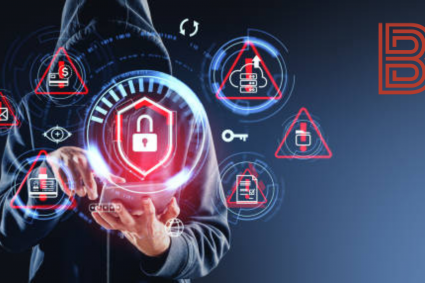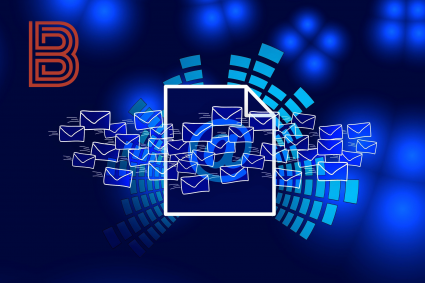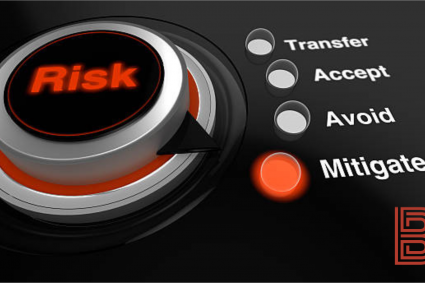
Ransomware is a type of malicious software designed to block access to a computer system or data, typically by encrypting files, until a ransom is paid. This form of cyber extortion can cripple businesses and individuals alike, with attackers often demanding payment in cryptocurrency to remain anonymous. Ransomware attacks have been on the rise, targeting various sectors including healthcare, finance, and critical infrastructure. They usually infiltrate systems through phishing emails, malicious attachments, or exploiting vulnerabilities in software.
Email security plays a crucial role in preventing ransomware attacks. Since emails are a primary vector for ransomware distribution, robust email security measures are essential. This includes implementing spam filters to block suspicious emails, educating employees on recognizing phishing attempts, and ensuring that email systems are updated with the latest security patches. Multi-factor authentication (MFA) adds an extra layer of security by requiring users to verify their identity through multiple methods before accessing their email accounts.
Moreover, regular backups of important data are crucial. These backups should be stored offline or in a secure cloud environment to ensure they are not compromised during an attack. In the event of a ransomware incident, having reliable backups allows organizations to restore their systems without paying the ransom.
Another critical aspect of email security is the use of advanced threat detection systems. These systems use machine learning and artificial intelligence to identify and block potentially harmful emails before they reach the user. Encryption of sensitive information in transit and at rest is also vital to protect data from being intercepted or accessed by unauthorized parties.
User training and awareness are fundamental. Employees should be regularly trained on the latest phishing techniques and safe email practices. This training helps create a security-conscious culture within the organization, reducing the likelihood of a successful ransomware attack.
Ransomware poses a significant threat to both individuals and organizations, with email security being a key defense mechanism. Implementing comprehensive email security measures, maintaining regular data backups, utilizing advanced threat detection, and promoting user awareness are essential steps in mitigating the risks associated with ransomware.
For consulting contact:
WWW.BARETZKY.NET




















